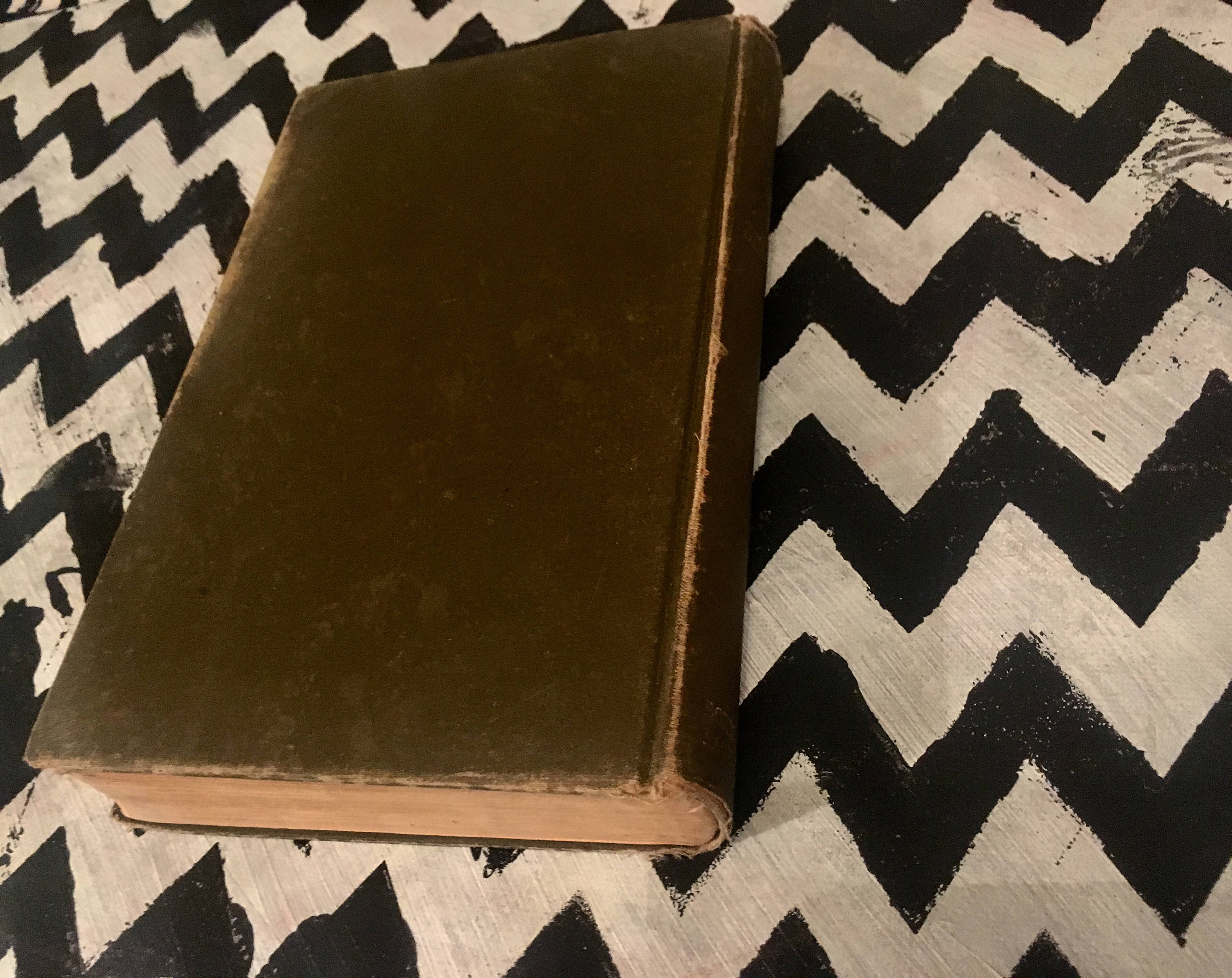

Returning to writing, Sinclair reinvented himself as a historical novelist. In 1934 Sinclair ran for governor of California as a Democrat he lost, but was said to have altered the state's rigid conservatism. Vanzetti case, in 1928 (the film based on "Oil!," "There Will Be Blood," effectively captures the best part of the novel, the bringing in of the well). He also wrote more fiction, including the well-received "Oil!" in 1927 and "Boston," about the Sacco and Sinclair wrote nonfiction critiques of American education, religion, journalism, and literature. In the productive 12 years that followed, Up to the promise of "The Jungle." His marriage collapsed in 1911, and in 1913 he married again, more happily, to Mary Craig Kimbrough.


He also agitated for various reforms, all detailed in hastily written novels and nonfiction books and articles that did not live Sinclair used his sudden wealth and fame to support several experiments in communitarian living. about bad meat, not about mistreated workers, as Sinclair had intended that it helped secure passage of the country's first Pure Food and Drug laws. The resulting novel, "The Jungle," aroused such great indignation In 1904 his Socialist contacts sent him to Chicago to write about the plight of meatpacking workers. He regarded as the secular religion of Socialism. Sinclair's several serious novels failed, and his marriage was in trouble when, in 1903, he turned to what Their son, David, was born the following year, in December 1901. At 20 he vowed to give up hack writing andĪt 21 he married the 18-year-old Meta Fuller. Hungry as a young shark, in his words, for money and fame, he began writing boys' stories at 16. Sinclair was one of the best educated American writers of his era, graduating from what is now City University of New York at 18 and attending classes at Columbia College for two more years, but he condemned American educationįor failing to explain and rectify social problems associated with poverty. The contrast between wealth and poverty troubled him and became his major theme. But he was also an indulged only child who often visited his mother's wealthy Living in cheap apartments in New York from the age of 10, Sinclair had personal experience of poverty. Sinclair's mother, Priscilla Harden, was by contrast Puritanical and strong-willed, 25, 1968) was a writer of novels of social protest and political tracts he is best known for his 1906 expose of the meatpacking industry, "The Jungle."īorn in Baltimore, Md., Sinclair was named for his father, an amiable alcoholic who became a symbol for feckless failure in the eyes of his son.


 0 kommentar(er)
0 kommentar(er)
